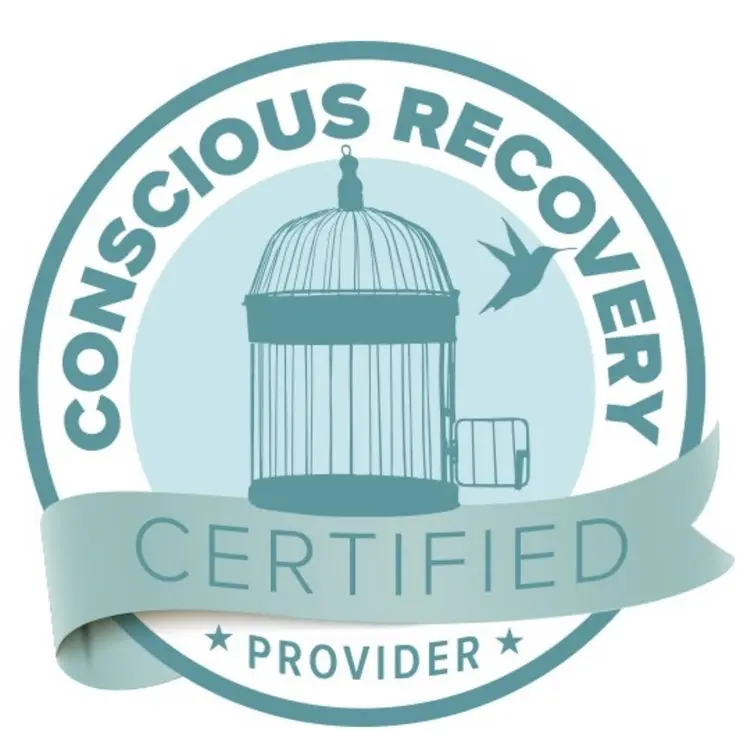Welcome to Monima Wellness, a dedicated women’s mental health and trauma treatment center based in San Diego. At Monima Wellness, we understand the profound impact trauma and mental health issues can have on your life, and we are committed to providing compassionate and comprehensive care to those who need it.
This resource is designed to help you determine if you might be experiencing symptoms of Post-Traumatic Stress Disorder (PTSD) through our “Do I Have PTSD Quiz”.
If you or a loved one is experiencing distressing symptoms after a traumatic event or are looking to gain clarity on a mental health diagnosis, contact Monima Wellness or visit our site for more information about psychological testing in San Diego.

Post-traumatic sress disorder (PTSD) is a mental health condition triggered by exposure to a traumatic event. This could be a direct experience or witnessing a distressing event. PTSD is characterized by intense, disturbing thoughts and feelings related to the experience that last long after the event has ended. People with PTSD may experience flashbacks, nightmares, and severe anxiety, as well as uncontrollable thoughts about the event.
While it is common to have temporary difficulty adjusting and coping after a trauma, for some, these reactions worsen and can last for months or even years, significantly interfering with daily functioning. This extended and severe response may be a sign of PTSD. According to the National Center for PTSD of the U.S. Department of Veterans Affairs, about 6% to 9% of the general population will develop PTSD at some point in their lives, highlighting the critical need for awareness and access to effective treatment.
While the full PCL-5 assessment is detailed and should ideally be conducted by a healthcare professional, our version below can help you begin to explore your symptoms. This quiz is not a diagnostic tool, but it can be a useful first step in identifying the presence of PTSD-related symptoms and deciding to seek professional help.
This quiz is based on the PTSD Checklist for DSM-5 (PCL-5), a reliable and standardized self-report rating scale for assessing the presence and severity of PTSD symptoms. Items on the PCL-5 correspond directly to the DSM-5 criteria for PTSD. Completing this checklist may help you understand your own mental health better and decide whether you should seek a professional evaluation.
The PCL-5 consists of 20 items rated on a scale from 0 (Not at all) to 4 (Extremely). This scale helps individuals assess how much they’ve been bothered by a problem. The results can provide insights into the severity of symptoms and can indicate whether professional help should be considered.
Completing the PCL-5 can help you:

If you find that your answers indicate frequent or severe symptoms, it might be advisable to seek a professional evaluation.
Remember, a high score on this quiz suggests the presence of PTSD symptoms, but only a qualified mental health professional can diagnose PTSD. If you or a loved one is grappling with symptoms following a traumatic experience, help is available. Contact Monima Wellness today to learn more about our trauma treatment programs.
Understanding the symptoms of PTSD is crucial for recognition and seeking help. Symptoms are generally grouped into four types:
These reactions can be disruptive and significantly impair one’s ability to function in daily life. They may occur in response to specific stressors or triggers, but in some cases, they may arise unexpectedly without a clear cause. It’s important to note that the presence and intensity of these symptoms can vary widely among individuals. For some, anxiety may be a nagging worry that’s always in the background, while for others, it may lead to panic attacks or severe physical symptoms.
If you or a loved one is concerned about recurring symptoms of anxiety, contact Monima Wellness today. Let us guide you on your journey to mental wellness in San Diego.
Post-Traumatic Stress Disorder (PTSD) can develop after exposure to any event that a person finds traumatic. The type of events that can lead to PTSD include, but are not limited to:
Individuals living with PTSD often experience an elevated “fight, flight, or freeze” response. This heightened state of alertness is a natural response to perceived threats and can be triggered by various stimuli that recall the traumatic event:
Understanding these triggers is crucial for both those experiencing PTSD and their loved ones, as it can help in managing or avoiding situations that exacerbate the condition.
At Monima Wellness, we specialize in the treatment of trauma and mental health issues for women in San Diego. We offer a supportive and healing environment where you can receive therapy tailored to your specific needs. Our team of experienced therapists uses evidence-based approaches to help you manage and overcome your symptoms.
With extensive expertise in trauma treatment, some of the services and modalities we offer include, but are not limited to:
If you think you may be suffering from PTSD, the first step is acknowledging that you might need help. Contact Monima Wellness to schedule a consultation or visit our website to learn more about our approach to treating trauma and PTSD. Our skilled therapists are here to support you through your healing journey, offering guidance and care tailored to your unique situation.
Remember, seeking help is a sign of strength. Let Monima Wellness be a part of your path to recovery.
If you think you may be suffering from PTSD, the first step is acknowledging that you might need help.
Contact Monima Wellness AT 858-500-1542 to schedule a consultation.
No, self-diagnosing PTSD is not recommended. PTSD is a complex psychological condition that requires a formal diagnosis by a trained mental health professional. Professionals use specific diagnostic tools and interviews to accurately diagnose PTSD, ensuring that the correct treatment and support are provided.
The main signs of PTSD are typically categorized into four types:
Recognizing PTSD in oneself can be challenging. If you frequently experience distressing symptoms such as flashbacks, nightmares, severe anxiety, or uncontrollable thoughts about a traumatic event that happened to you, it may be indicative of PTSD.
However, only a mental health professional can provide a diagnosis after a thorough assessment. If you suspect you have PTSD, schedule a consultation with Monima Wellness to start your path to clarity and recovery.
Confirming a diagnosis of PTSD is done through a detailed evaluation by a mental health professional. This includes a comprehensive interview, use of standardized PTSD assessment tools (like the PCL-5), and sometimes a discussion about your medical history. The professional will determine whether your symptoms meet the criteria outlined in the DSM-5 for PTSD.
Get a definitive diagnosis: Contact Monima Wellness to undergo a professional mental health evaluation today.
The 17-question test commonly referred to in discussions about PTSD is likely the PTSD Checklist (PCL), specifically its earlier version aligned with DSM-IV criteria. This version included 17 items assessing the key symptoms of PTSD. However, the newer PCL-5, aligned with DSM-5 criteria, contains 20 items. Both versions are self-report rating scales where individuals rate the severity of their symptoms related to PTSD.
Get a definitive diagnosis: Contact Monima Wellness to undergo a professional mental health evaluation today.
Find out if Monima is the right treatment center for you or your loved one. Please note: we are an insurance-friendly organization.

